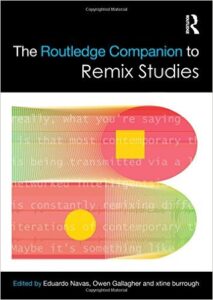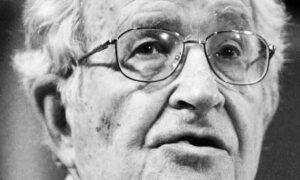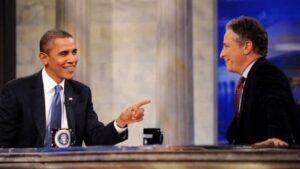Academic
I was asked The Routledge Companion to Remix Studies to contribute a chapter about my experiences and observations as director of the RE/Mixed Media Festival, which I produced every year from 2010-2014. My chapter documents a crisis of legitimation between industry and artist, but also one of meaning within the remix community itself. The book […]
Read MoreThe Situationist International (1957-1972), or SI, was an intellectual avant-garde collective that used Homo Ludens, a text written in 1938 by the Dutch historian Johan Huizinga, as a key source informing much of their writing and key tenets of their philosophy. In this paper, I will first look at key elements of Huizinga’s theory of play […]
Read MoreThe following is a radio piece about the state of DIY and pirate radio broadcasting, particularly as it exists in large urban areas like NYC. It explores the history and motivations for DIY broadcasting, examines the migration of DIY broadcasters from the airwaves to the internet, and what effect the recent passage of the Local […]
Read MoreToday’s artist – like Donna Haraway’s cyborg feminist – moves beyond both traditional limitations and modernist ideas about art, and enters into a hypermediated relationship with society and technology in which technological methods and mediated collaboration across networks are common. Art has always been a carrier of cultural information. Cybernetics as a theory of communication […]
Read MoreIn their 1988 book, Manufacturing Consent, Noam Chomsky and Edward Herman posit a theory of “systemic propaganda” in which the mass media control content in order to serve the ends of the dominant elite. The ingredients of this model are five “filters” used to censor content, which consist of concentrated media ownership, advertising, government news […]
Read More“As in the other arts in America today – painting, poetry, sculpture, theater, where fresh winds have been blowing for the last few years – our rebellion against the old, official, corrupt and pretentious is primarily an ethical one.” The above statement, taken from the manifesto of the New American Cinema Group (81) written after […]
Read MoreBruce Conner’s Report (1967) and Jim McBride’s David Holzman’s Diary (1967) both appeared in a year when cynicism about the media, politics, and the Vietnam War were high and cultural shifts were taking place all over the globe. The Kennedy assassination had shocked the country just four years before, and the growth of an underground […]
Read MoreSince the mid-90’s, proponents of the Internet have championed the new technology as a reviver of democracy, a way for individual voices to be heard in a political landscape where politicians increasingly favor their own interests over of the people they are elected to represent. In 2001, Pierre Lévy wrote, in Cyberculture, True electronic democracy […]
Read MoreOn the November 5th, the day after Barack Obama won the 2008 presidential election, Jon Stewart asked his audience on The Daily Show “How are we gonna make this shit funny?” Stewart stepped into the role of host of the show in 1999, the tail end of the Clinton administration, but for the past 8 […]
Read MoreIn Manufacturing Consent, Noam Chomsky outlines 5 filters through which the dominant elite is able to control the media and regulate information. They are: concentrated ownership, the influence of advertising, reliance on information from the government, flak (backlash) and “anticommunism” as a control mechanism[1]. Nowhere does he cite direct government control (i.e. regulation by legislation) […]
Read More








